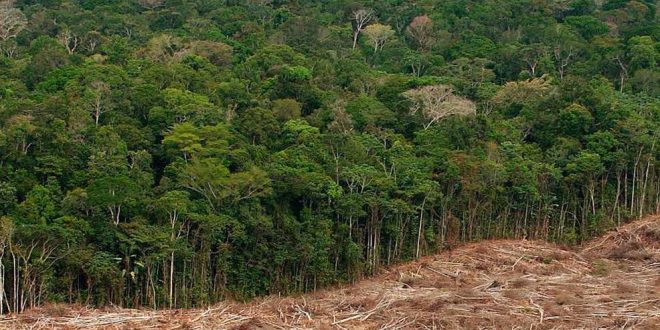From butterflies to bats – a study from Macquarie University shows that hundreds of thousands of species could soon go extinct due to the effects of deforestation.
Biologist John Alroy has used local-scale ecological data obtained across the world’s tropical zones to predict global-scale extinction rates across 11 key ecological groups.
The results predict the extinction of more than 28% species in seven of those groups given complete disturbance of tropical forests. Only two animal groups – large mammals and mosquitoes – would lose less than 18% of species.
The data analysis – by far the largest and most comprehensive ever undertaken – suggests a scale of loss much higher than previously thought. Alroy warns continuing deforestation could therefore lead to the extinction of “hundreds of thousands” of species.
“The overall implication of this research is that any substantial loss of primary forests will result in numerous extinctions across many groups,” he says.
“There are a lot of reasons to think these results are conservative, so the real effects are likely to be even greater. Even if we preserve forests of some kind in many places, unless we protect them from ever being logged, those forests may end up being empty.”
Alroy suggests a high number of vulnerable and endangered species might have already vanished, their disappearance masked by the spread of more common species better able to tolerate habitat disturbance.
“A mass extinction could have happened right under our noses because we just don’t know much about the many rare species that are most vulnerable to extinction,” he says.
“To figure out whether this is true, a lot more field work needs to be done in the tropics. The time to do it is now.”
Roughly two-thirds of the world’s animal species are found in tropical forest areas. The forests themselves occupy only about 10% of the planet’s land surface, making them – and their inhabitants – particularly vulnerable to disturbance.
Agencies/Canadajournal
 Canada Journal – News of the World Articles and videos to bring you the biggest Canadian news stories from across the country every day
Canada Journal – News of the World Articles and videos to bring you the biggest Canadian news stories from across the country every day



